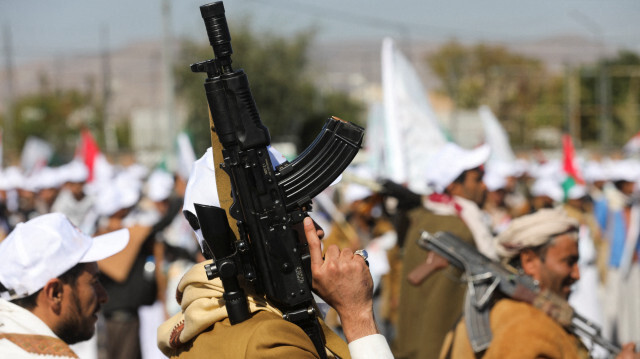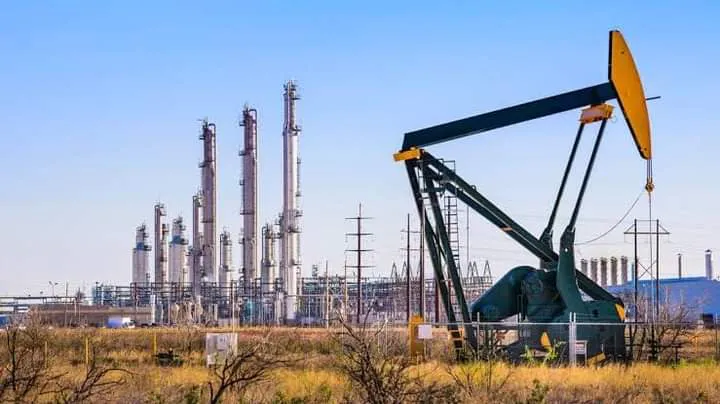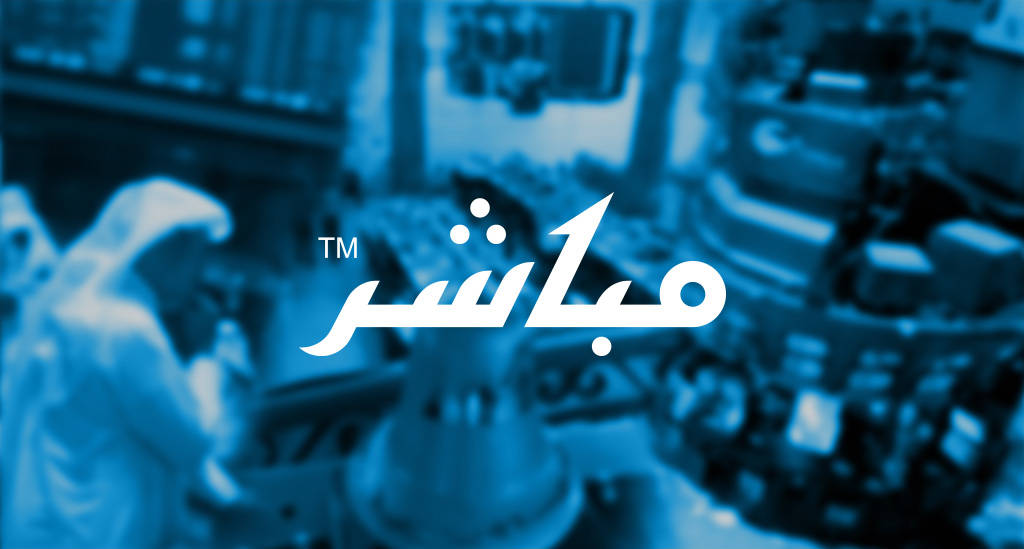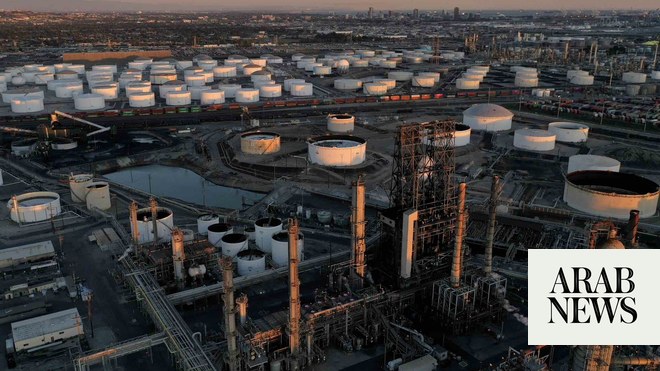Economic Growth Forecasts Adjusted for Gulf Economies with UAE Taking the Lead
A new economic forecast paints a diverse picture for Middle Eastern economies, with the UAE surging ahead while others adjust to slower oil-driven growth.
Published April 24, 2024 - 21:04pm

Image recovered from albayan.ae
A recent poll conducted by Reuters has revealed significant disparities in economic growth prospects among Gulf Cooperation Council (GCC) states, with the United Arab Emirates (UAE) economy poised to outperform regional counterparts. According to the survey, the UAE is expected to experience a robust expansion of 4.0% in 2024, up from the 3.8% projection made in January. This growth is largely attributed to strong performance in non-oil sectors.
In contrast, the economic outlook for Saudi Arabia, traditionally the strongest economy in the region, has been downgraded. With current oil production constraints projected to persist at least until the second quarter of the upcoming year, growth expectations for Saudi Arabia have been reduced to 1.9% for 2024, down from 3% forecasted in January. The non-oil sector, however, remains an area of optimism for future expansion.
Other GCC economies such as Qatar, Bahrain, and Kuwait also face lowered growth forecasts for the year, with predictions readjusted to 2.2%, 2.3%, and 0.6% respectively. These figures represent a decline from earlier predictions of 2.4%, 2.8%, and 1.8%. The slower pace of diversification away from oil reliance is attributed as a core reason for the reduced growth potential in these economies.
The International Monetary Fund forecasts an average growth rate of 2.4% for the Gulf region in 2024, which is slightly below the Reuters poll estimate of 2.5%. While geopolitical tensions continue to contribute to global price pressures, inflation expectations in the GCC remain relatively stable. An increase in inflation rates is expected over the coming months, but not significantly so, with a predicted range between 1.3% and 2.8% in 2024 across the GCC states.
Overall, this data highlights a critical moment for Gulf economies as they navigate the challenges of oil market fluctuations and work towards greater economic diversification.
The divergent economic forecasts for Gulf Cooperation Council (GCC) states underscore the varied impacts of global economic trends and the effectiveness of diversification strategies in the region. The UAE's forward-looking approach in bolstering its non-oil sectors has evidently paid dividends, setting a benchmark for its neighbors. Dubai's Expo 2020, despite being postponed due to the pandemic and concluding in March 2022, has had a sustained positive impact on the UAE's economy, enhancing its visibility as a global hub for trade, tourism, and finance.
Furthermore, the UAE's commitment to technological innovation and renewable energy is seen as a significant driver of its economic resilience. The country has made substantial investments in sectors such as artificial intelligence, aerospace, and solar energy, which not only create new economic pillars but also provide employment opportunities for a growing population.
Saudi Arabia's economic recalibration, while softer than initially anticipated, remains buoyed by the Vision 2030 reform plan. Despite lower projections, the Kingdom is actively pursuing large-scale projects, including NEOM, a futuristic megacity, which promises to be a catalyst for economic diversification and technological advancement. Moreover, Saudi Arabia's pivotal role in OPEC+ gives it substantial influence over oil production policies, which can have significant implications for both regional and global markets.
For the smaller GCC economies, slower diversification efforts underline the importance of continued investment and reform to transition away from an overreliance on hydrocarbons. Qatar's hosting of the FIFA World Cup in 2022 likely served as an impetus for economic activity, with a legacy that could extend into future gains in its tourism and hospitality sectors. Nevertheless, the country's economic prognosis is cautious, reflecting a need for further diversification efforts.
Similarly, Bahrain and Kuwait's conservative growth outlooks signal the urgency for economic restructuring. Bahrain's financial services and aluminium sectors present diversification opportunities, while Kuwait's recent push towards privatization and attracting foreign investment is part of a broader strategic vision to invigorate its economy.
The IMF's mention of an average growth rate in the Gulf region suggests that the collective efforts towards diversification, despite being uneven, are making headway. Stable inflation rates in the region indicate an effective monetary policy framework that mitigates the risk of economic overheating, even as global price pressures mount.
In light of the surveyed economic trends, it is apparent that the GCC states are at a crossroads. The pressing need for economic transformation is juxtaposed with the intrinsic challenges posed by a dependency on oil revenues. How these states navigate the complexities of economic diversification, adapt to geopolitical uncertainties, and embrace technological innovation, will likely define their economic trajectories for the foreseeable future.







